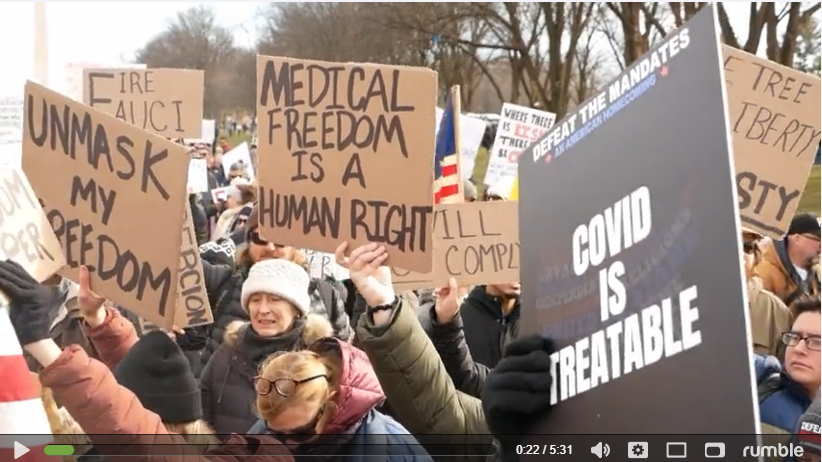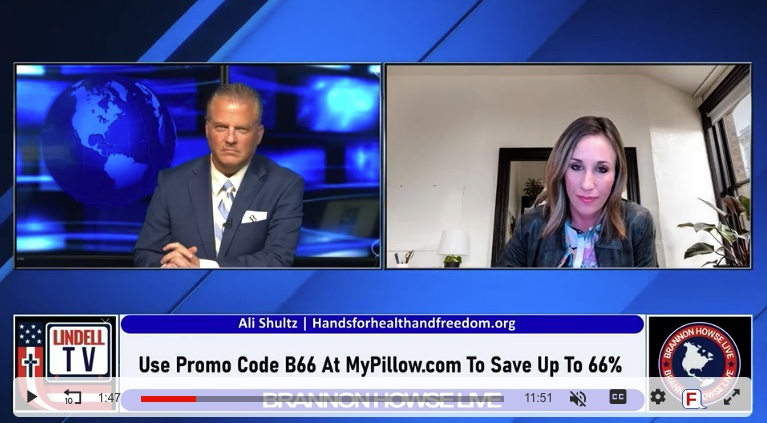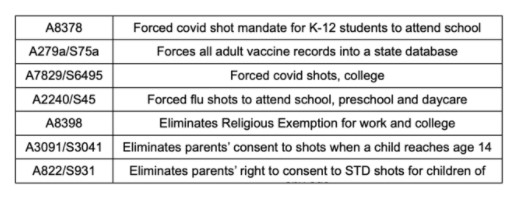Point one of the Nuremberg Code states, “the voluntary consent of the human subject is absolutely essential.”
This standard has since been repeatedly ratified and adopted around the globe, in laws, treaties, regulations, and ethical guidelines for medical research. For example, in 1964, the World Medical Association adopted the Declaration of Helsinki, which provides that human subjects “must be volunteers and informed participants in the research project.”[1]
Although themselves non-binding, the principles underlying the Declaration of Helsinki and the Nuremberg Code have been incorporated into international conventions, as well as the laws and regulations of countries around the world, including the United States of America.
The International Covenant on Civil and Political Rights of the United Nations, which went into effect in 1976, provides in Article I that “all peoples have the right of self-determination” and in Article 7 that “no one shall be subjected without his free consent to medical or scientific experimentation.”
The informed consent principles of the Declaration of Helsinki were also incorporated by a 2001 Directive passed by the European Parliament and the Council of the European Union. These principles have been adopted by statutes and regulations in the United States.
In 1979, the Department of Health, Education and Welfare issued the Belmont Report, which addressed the issue of informed consent in the human experimentation setting. The Report identified respect for self-determination by “autonomous persons” as the first of three “basic ethical principles” which “demands that subjects enter into the research voluntarily and with adequate information.”
Ultimately, the principles of the Belmont Report, which itself was guided by the Nuremberg Code and the Declaration of Helsinki, were adopted by the FDA in its regulations requiring the informed consent of human subjects for medical research.[2] The Department of Health and Human Services has similarly adopted this standard in its regulations governing grants for medical research.[3] The United States clearly regards itself as bound by the provisions of the Nuremberg Code and the Declaration of Helsinki.
For these and other reasons, the prohibition against nonconsensual human experimentation must be regarded not only as established by U.S. law and regulations, but also as so broadly recognized by all nations as to constitute a jus cogens norm under international law. There can be absolutely no element of fraud, deceit, or duress when it comes to informed consent!
A Patient is owed many obligations related to Informed Consent. Here are just a few:
- Doctors must respect a patient’s autonomy.[4]
- Consent must be obtained for a surgical procedure prior to its performance, or the procedure is classified as battery.[5]
- Valid consent may only be given by a fully informed person.[6]
- The person must possess the capacity to make the decision. Consent must be voluntary and not coerced.[7]
- Medical ethics requires doctors provide all material information to patients or their proxy representatives prior to obtaining consent for a surgical procedure.[8]
- A provider has a duty to disclose all reasonable information about a proposed treatment to his patients.
- Information must also be provided for alternative treatments, including the choice of no treatment.[9]
- When the patient is legally incompetent, a proxy representative must be found to grant permission for investigation and treatment on his/her behalf.[10]
- To avoid legal action, according to the doctrine of informed consent, providers must disclose enough information for the patient to make an “informed” decision.[11]
- The privilege to withhold information does not include the paternalistic notion that the doctor may remain silent simply because divulgence might prompt the patient to forgo therapy the doctor feels the patient really needs.[12]
Informed consent protects patients and research subjects. The process extends far beyond the mere signing of a consent form and encompasses a dynamic exchange of information between the provider and the patient, or the mandator and mandatee.
[1] Declaration of Helsinki at Art. 20.
[2] 21 C.F.R. § 50.20
[3] 45 C.F.R. § 46.116
[4] http://www.gmc-uk.org/standards/consent.htm
[5] Etchells E, Sharpe G, Walsh P, et al. Bioethics for Clinicians: 1. Consent Can Med Assoc J1996;155:177-80.
[6] Etchells E, Sharpe G, Burgess MM, et al. Bioethics for Clinicians: 2. Disclosure. Can Med Assoc J 1996;155:387-91.
[7] http://www.gmc-uk.org/standards/consent.htm
[8] Etchells E, Sharpe G, Burgess MM, et al. Bioethics for Clinicians: 2. Disclosure. Can Med Assoc J 1996;155:387-91.
[9] Clare Dyer. Guide to ethics of treating children published. BMJ 2000;321:1491.
[10]American Academy of Pediatrics Committee on Bioethics. Informed consent, parental permission, and assent in pediatric practice. Pediatrics 1995;95(2):314-317.
[11] https://journalofethics.ama-assn.org/article/informed-consent-what-must-physician-disclose-patient/2012-07
[12] https://www.bloomberglaw.com/product/blaw/document/XR9KCVQNB5G0?utm_source=casebriefs
Learn More About:
Legal Advocacy for Medical Freedoms | Patient Advocacy Tools | Effective Remedies
Help us educate and advocate by sharing this article today!
More on Legal Advocacy
To Learn More About Filing a Criminal Complaint and Asserting Your Rights – Click Here
-
Informed Consent – What is it and Why Does it Matter?

Point one of the Nuremberg Code states, “the voluntary consent of the human subject is absolutely essential.” This standard has since been repeatedly ratified and adopted around the globe, in laws, treaties, regulations, and ethical guidelines for medical research. For example, in 1964, the World Medical Association adopted the Declaration of Helsinki, which provides that…
-
WHO Benefits from Perpetual Pandemic and a Biomedical Security State?

Is this the “WHY” we’ve been looking for? Many have struggled to imagine Covid-19 could be manmade, or intentional, because there didn’t seem to be a reason. After listening to this very alarming podcast with UN/WHO Whistleblower, things may seem a little clearer. The time to learn and act is now. Podcast: Astrid Stuckelberger on…
-
Medical Community Muzzled as Doctor-Patient Relationships Decimated in California on Valentine’s Day

Assembly Bill AB 2098 Introduced 2/14/22 Puts Bureaucracy in Charge of What Medical Providers Can and Cannot Tell You About Covid Treatments and Vaccines. Your Medical Providers Censored Under New Threat of Bureaucratic Tribunal with Their Livelihoods at Stake. Treatment Options and Informed Consent are Now Under Siege in California. Citing the FDA and the…
-
Seclusion, Restraint and Ventilation Incentives Drive Profit Model in Hospitals- Is ADA Law Possible Solution?

This law might allow you 24 access to visit a isolated / secluded hospitalized patient. Ali Shultz, JD discusses Hospital Isolation with Brannon Howse Live.
-
Involuntary Quarantine Among Proposed Regulations on NY Dept. of Health Docket – What You Can Do!

Unelected and Unafraid, Governor Hochul and Co. are working feverishly to strip what remains of a Citizen’s Rights in NY. Utilizing procedural pathways to carve out broad new powers for the Department of Health and Education, they will create an effective stranglehold on virtually every citizen. New York will soon be at the mercy of…
-
SILENCED! Voices of NY Healthcare Workers Effectively Silenced by Department of Health at Hearing that Unlawfully Decided Their Fate
A Bureaucratic Parlor Trick kept dozens of Healthcare workers from voicing their concerns at the DOH Meeting in September 2021 and they’re fighting back The NY Governor, State Dept. of Health, and Attorney General are trying to remove the religious exemption from the COVID vaccine mandate ordered on all medical and health services personnel by…

